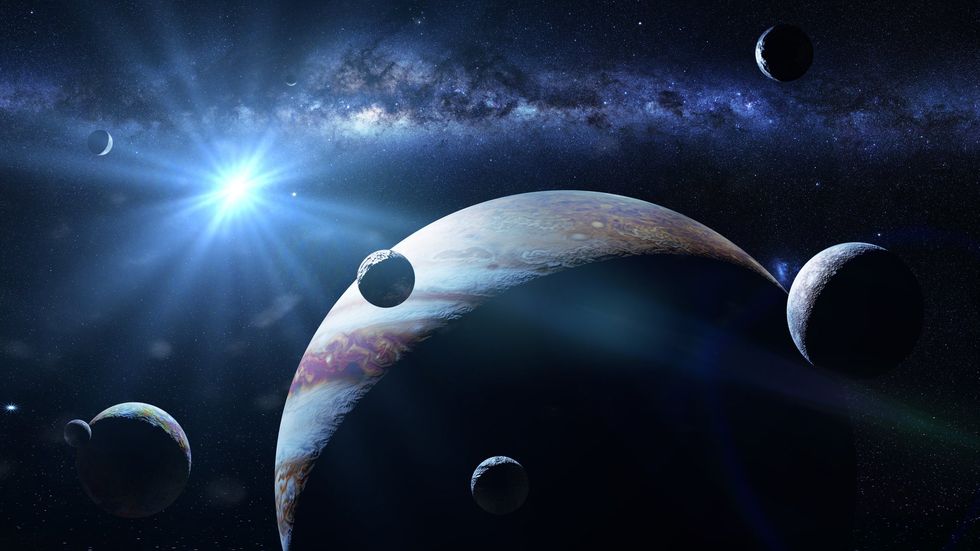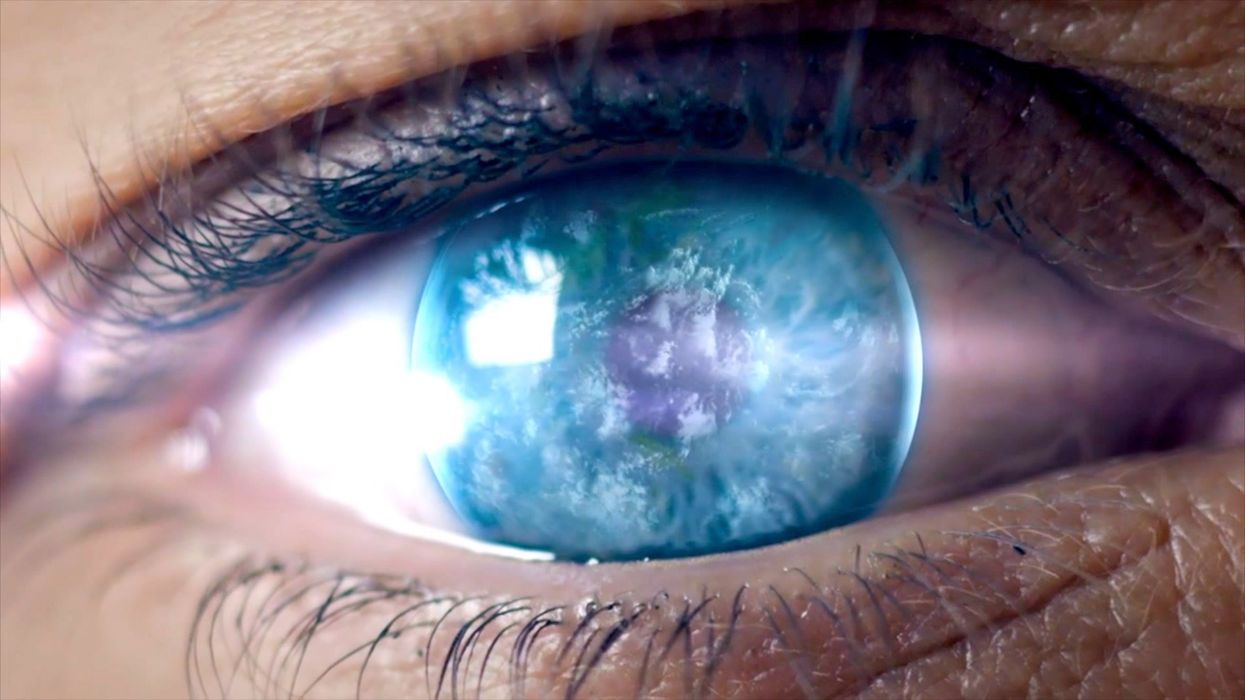Science & Tech
Harry Fletcher
Dec 15, 2024
What Exactly Are Eyeball Planets and Could They Be Habitable?
ZMG - Amaze Lab / VideoElephant
The search for life in the universe is always ongoing, and now a new theory put forward in a scientific study could change the way people go looking for it.
According the new research, planets may not be necessary for life to exist.
The paper is called “Self-Sustaining Living Habitats in Extraterrestrial Environments" and published in the journal Astrobiology. It’s written by professor Robin Wordsworth at Harvard, and professor Charles Cockell at the School of Physics and Astronomy at the University of Edinburgh [via Universe Today].
For the most part, the search for life has focused on looking for planets with qualities that point to it being potentially habitable. It’s impossible not to consider this approach without at some level comparing conditions to those on our own planet, with the presence of water, climate and protection from harmful radiation in the atmosphere a key consideration.
But the new research could be about to change common conceptions, with the paper arguing that environments away from planets and maintained by organisms independently could provide the key things needed to sustain life.

"Standard definitions of habitability assume that life requires the presence of planetary gravity wells to stabilize liquid water and regulate surface temperature," the authors write. "Here the consequences of relaxing this assumption are evaluated."
The study claims that ecosystems could hypothetically exist without the need for planets. To illustrate this idea, the pair turned to organisms living on Earth which have the ability to adapt to conditions that would face organisms living independently of planets.
"To persist beyond Earth, any living organism must modify or adapt to its environment enough to surmount these challenges,” the authors write.
The experts do explain that form of nutrient cycle would be required for organisms to exist outside of planets, writing: "Long-term, an additional consideration is the ability of a closed-loop ecosystem to process waste products such as recalcitrant organic matter and to sustain internal redox gradients.”
So, if the study's theory is to be believed, we could be looking in more places than previously thought for signs of life in the universe.
The research pointed to biological qualities that can do extraordinary things and replicate conditions that enable life without the planet.
"Biologically generated barriers capable of transmitting visible radiation, blocking ultraviolet, and sustaining temperature gradients of 25-100 K and pressure differences of 10 kPa against the vacuum of space can allow habitable conditions between 1 and 5 astronomical units in the Solar System," they wrote.
It comes after another recent study proposed that the universe might have had a "secret life" before the Big Bang.
Prior to the Big Bang, researchers say black holes were created as a result of the universe contracting and this could possibly explain the enigmatic nature of dark matter.
Sign up for our free Indy100 weekly newsletter
How to join the Indy100's free WhatsApp channel
Have your say in our news democracy. Click the upvote icon at the top of the page to help raise this article through the Indy100 rankings
Top 100
The Conversation (0)













